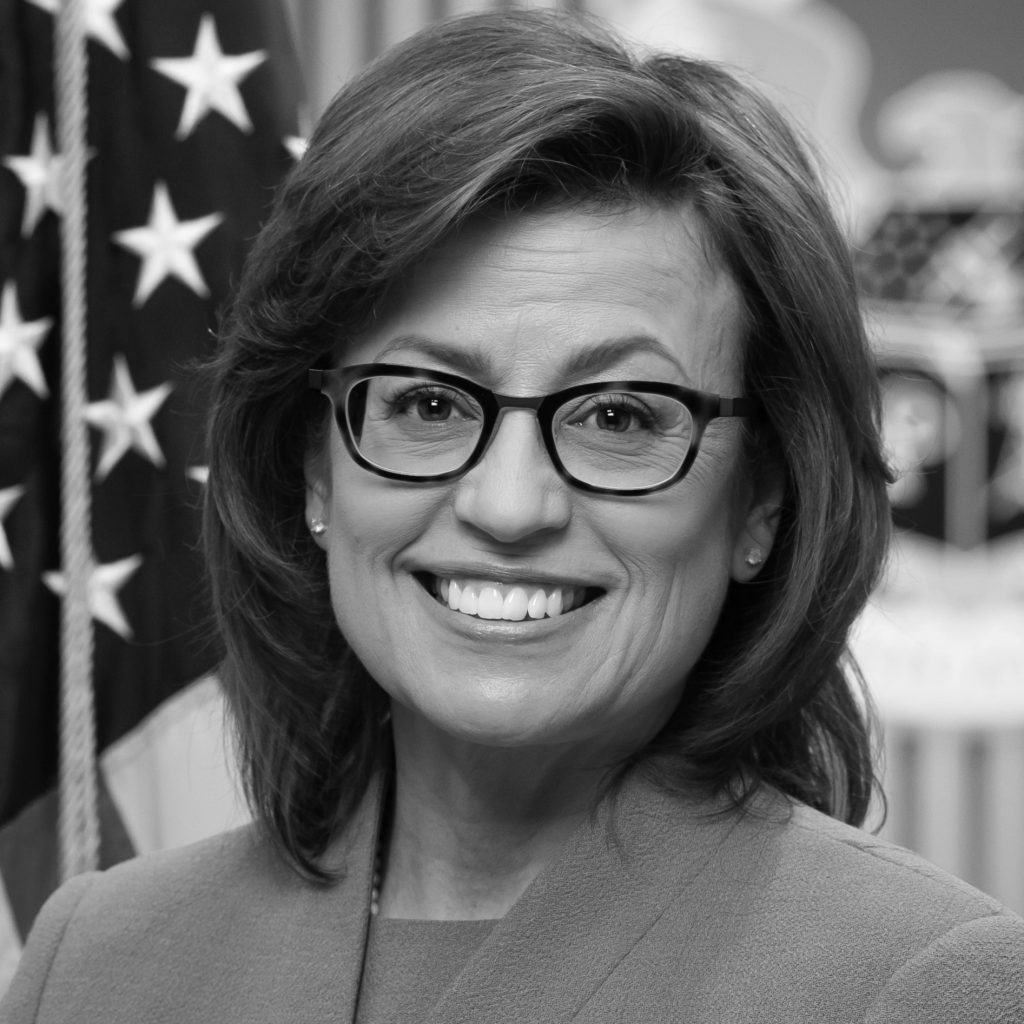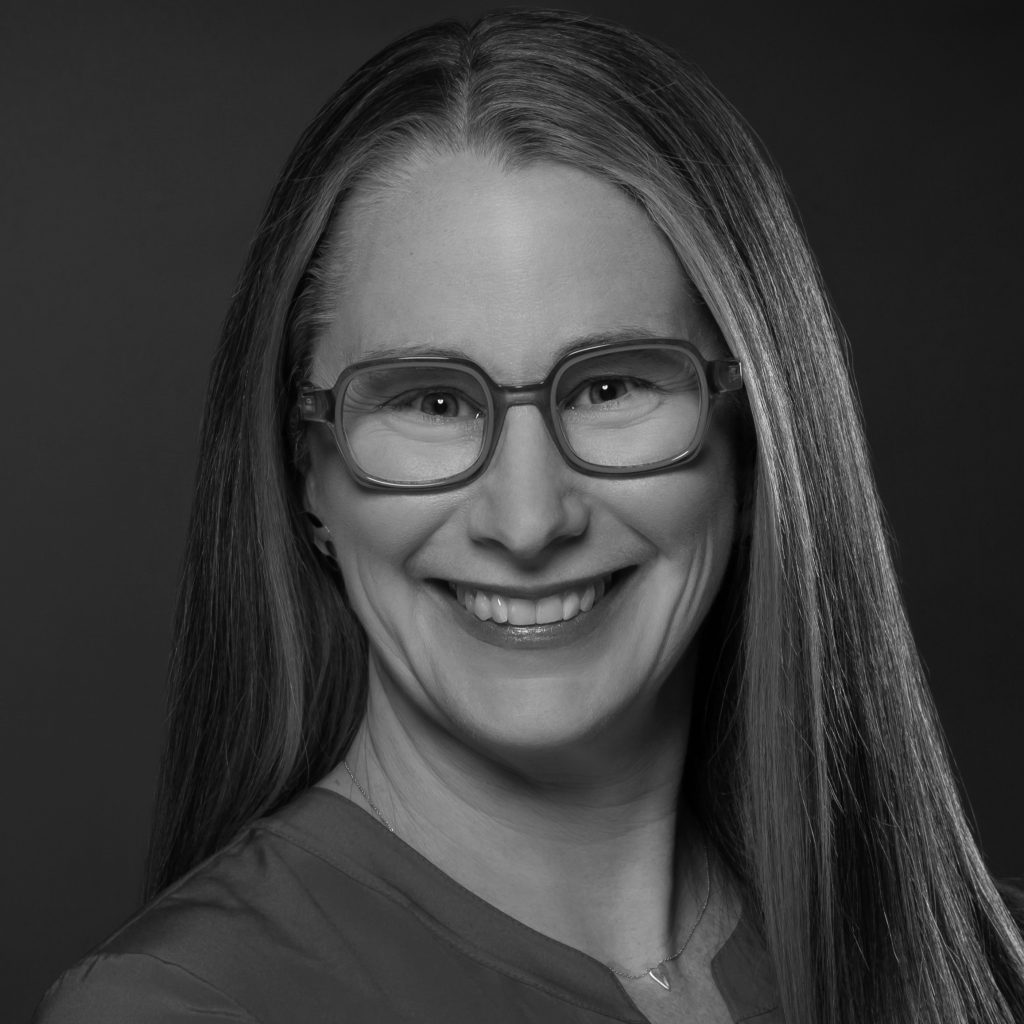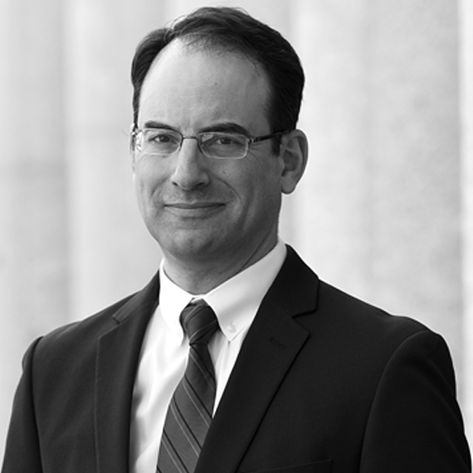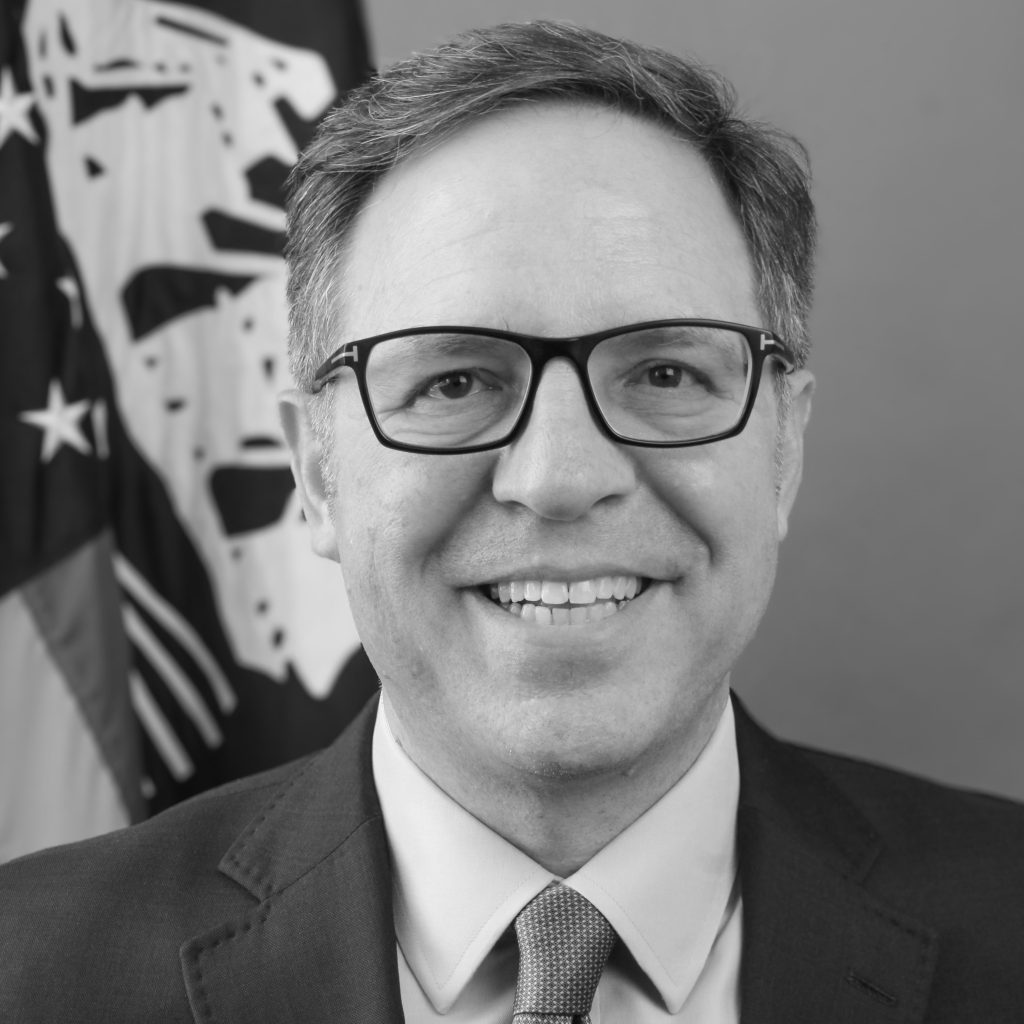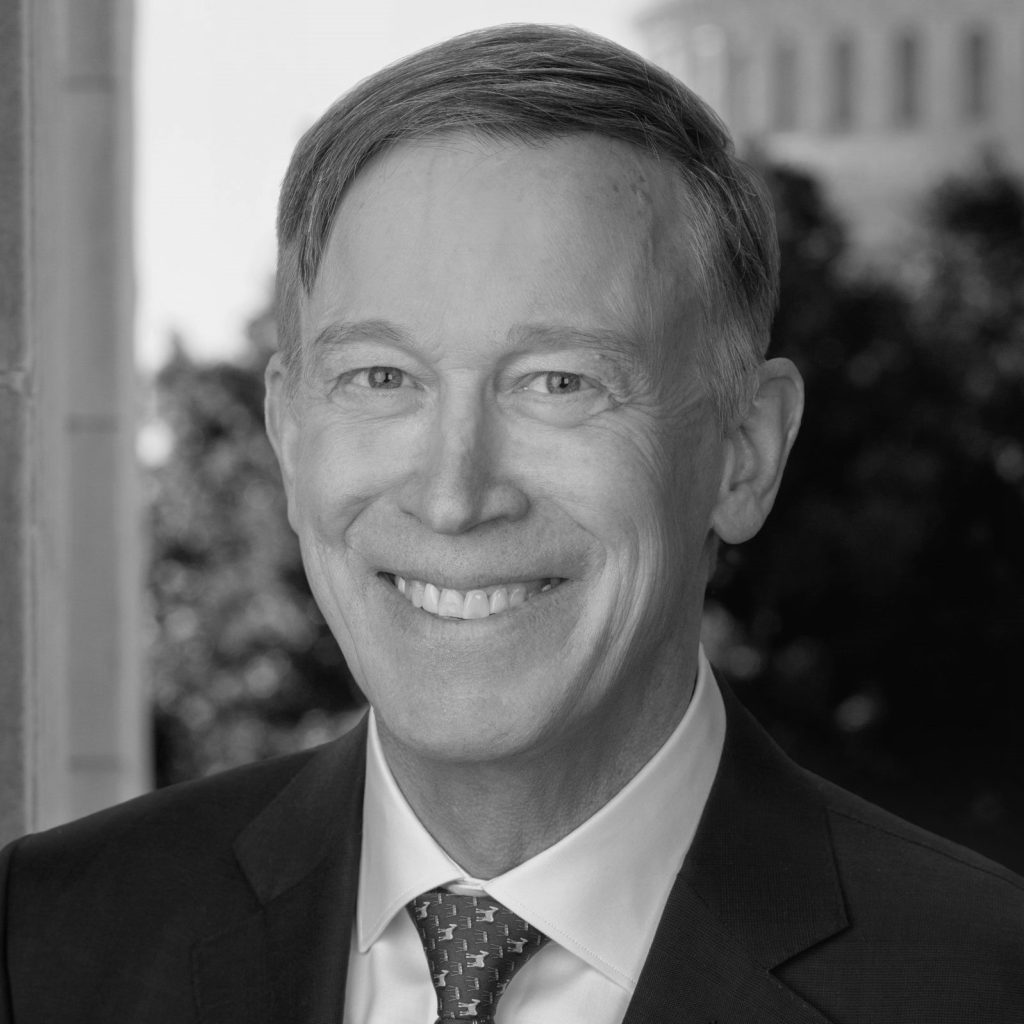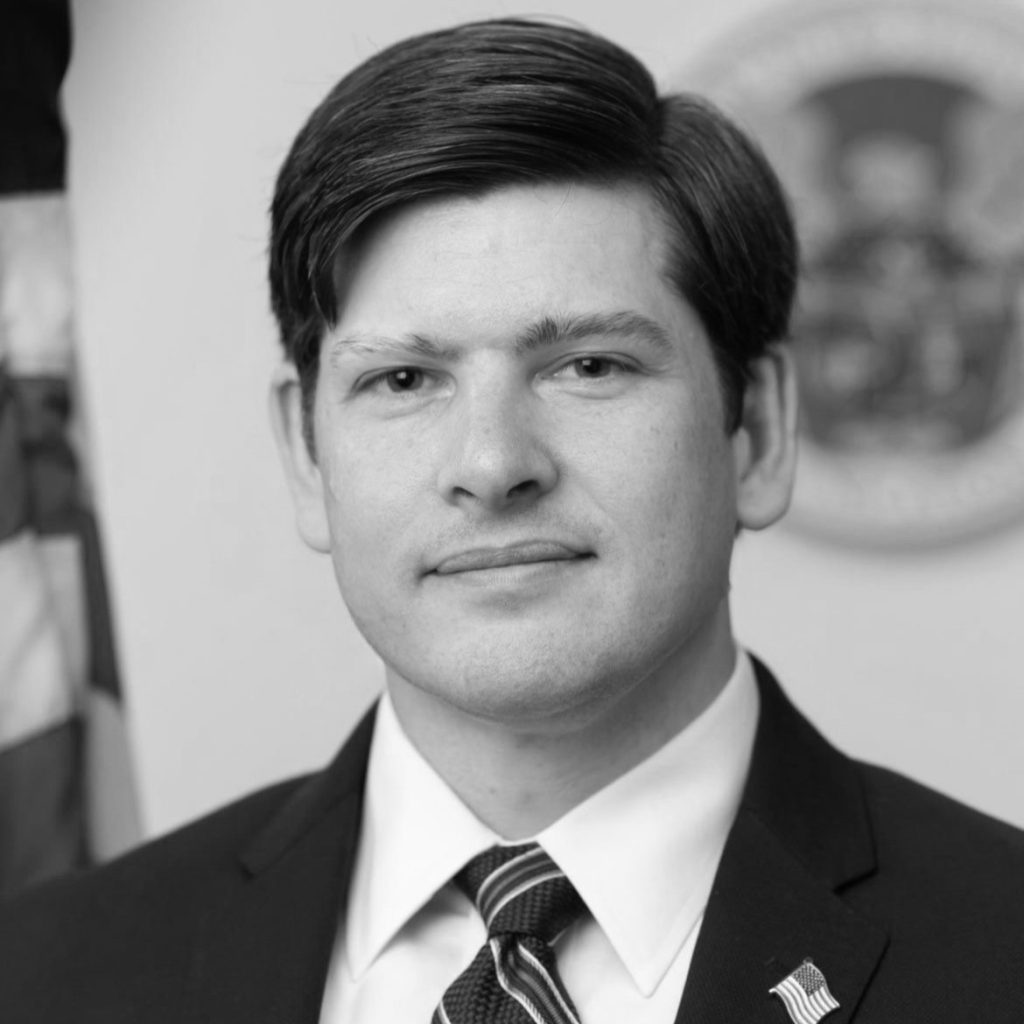2024 Flagship Conference

Silicon Flatirons’ 2024 Flagship Conference, Global Fractures in Technology Policy, examines how mounting challenges to global cooperation affect critical issues in technology policy. In a world that is becoming less globalized – and often more contentious – our Conference explores the impact of geo-political divisions upon technology law, policy and norms across nation-states and continents.
The Global Fractures Conference agenda takes up complex issues arising from varied international and state regulatory approaches, particularly in the context of rapid advancements in generative artificial intelligence, data privacy concerns, and increased scrutiny of the competitive conduct of established technology companies.
Register now to join us in Boulder on February 4–5 for an exciting set of discussions. Our annual Flagship Conference draws a diverse audience of technology and telecommunications stakeholders. The 2024 Conference speaker list spans government policy makers, private company executives, academics, and public interest voices.
This year’s Flagship Conference is poised to again be a prominent policy event. Conference Agenda and speakers are posted below. Look for additional speakers to be added as the event approaches
Registration is required to attend the conference or view the livestream. Early bird pricing ends January 12, 2024. No refund if registration cancelled after January 19, 2024. View Pricing.
Sessions
Day One Check In and Breakfast
@ Wolf Law Building: Foyer and Boettcher Hall
Attendees are welcome to check-in and enjoy a continental breakfast buffet before the day’s programming gets underway.
Welcoming Remarks
@ Wolf Law Building, Wittemyer Courtroom
- Brad Bernthal
Executive Director | Entrepreneurship Initiative Director, Silicon Flatirons - Dean Lolita Buckner Inniss
Dean and Provost’s Professor of Law, University of Colorado Law School
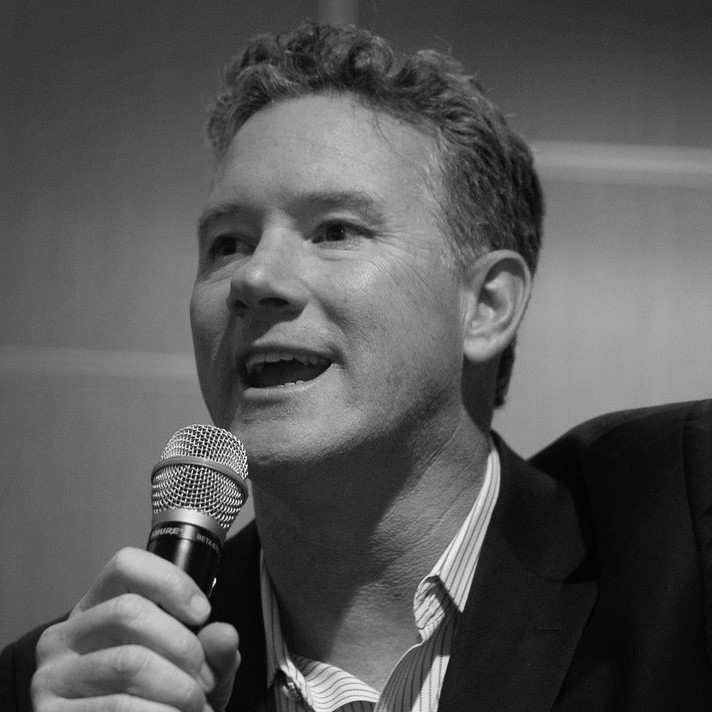

Competition Policy, Networks, and Large Language Models
- Vivek Krishnamurthy — Moderator
Associate Professor, University of Colorado Law School - Babette Boliek — Panelist
Professor of Law, Pepperdine University, Caruso School of Law - Henry Hauser — Panelist
Counsel, Perkins Coie - Richard Whitt — Panelist
President, GLIA Foundation - Christopher Yoo — Panelist
John H. Chestnut Professor of Law, Communication, and Computer & Information Science, University of Pennsylvania
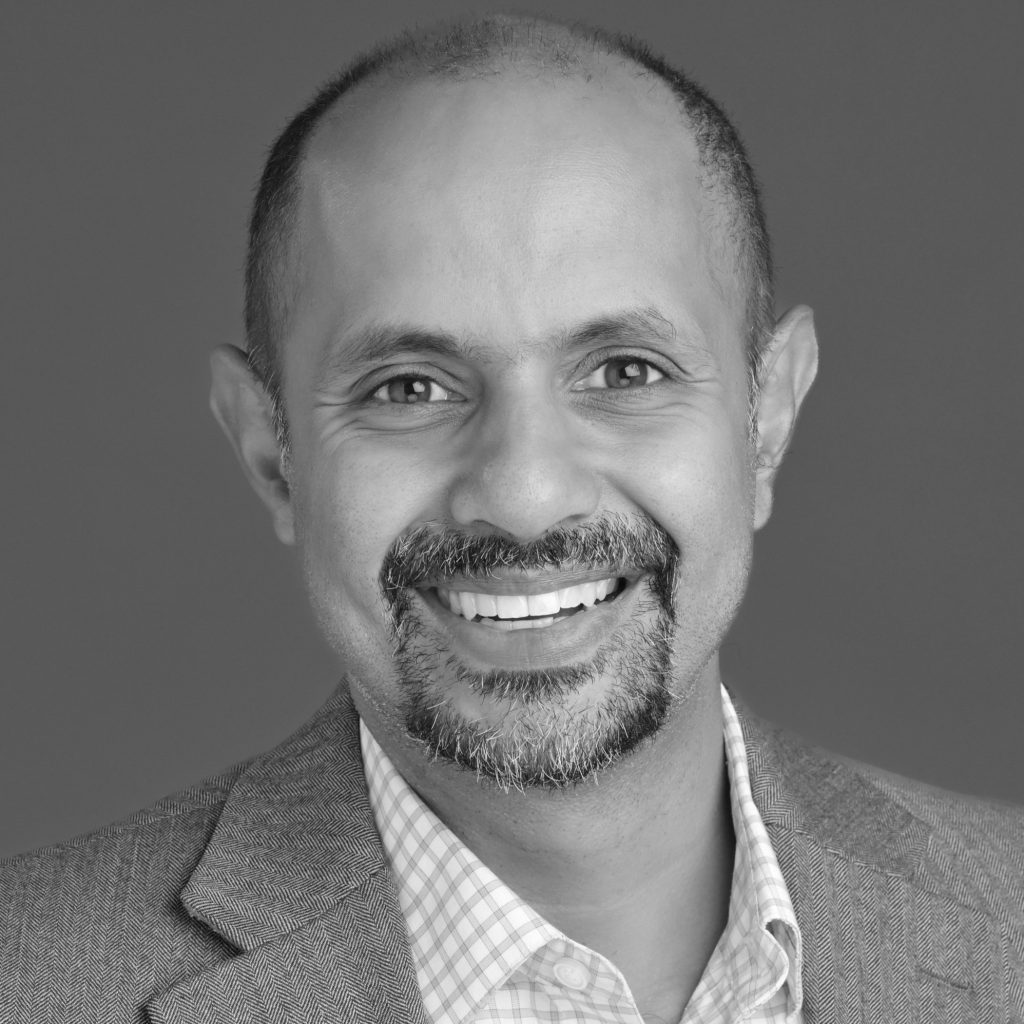
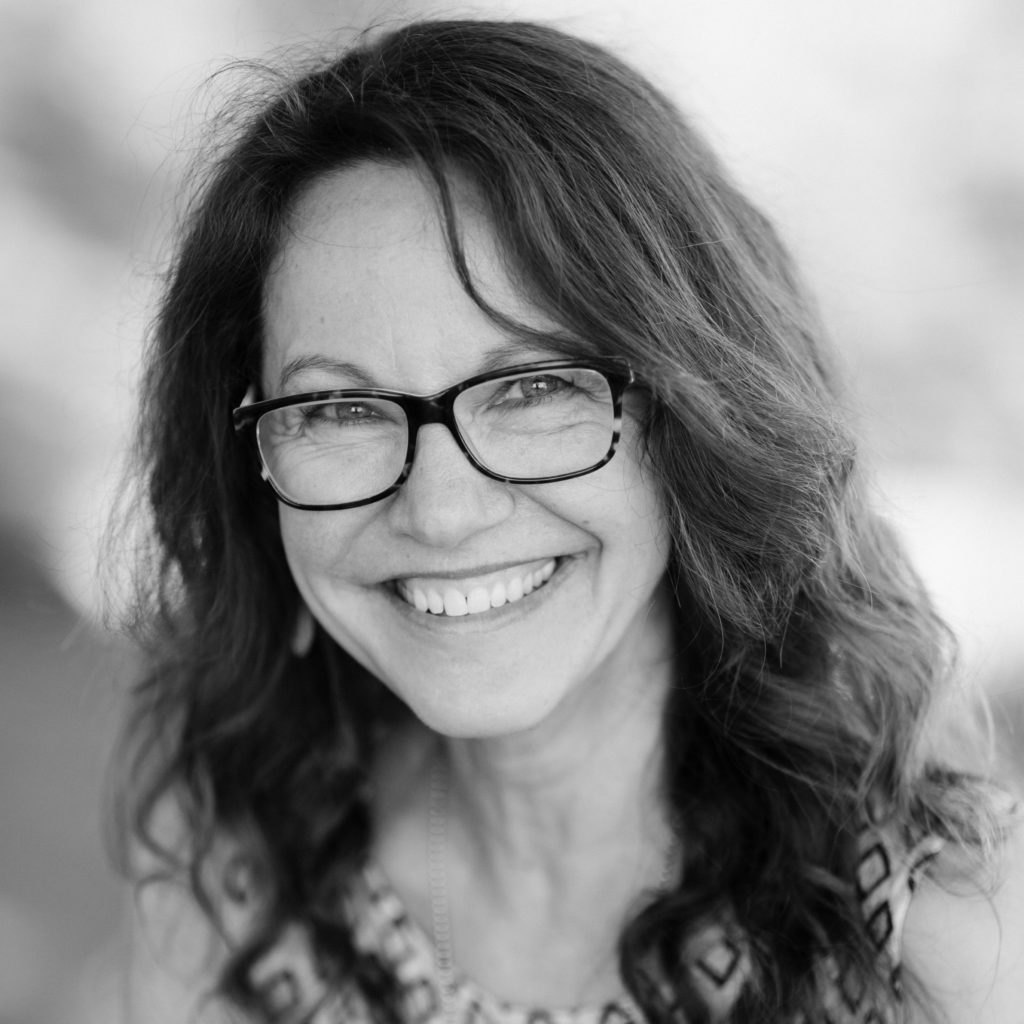
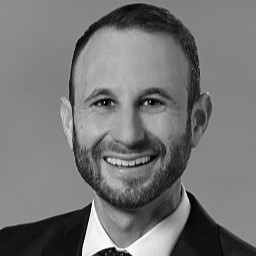

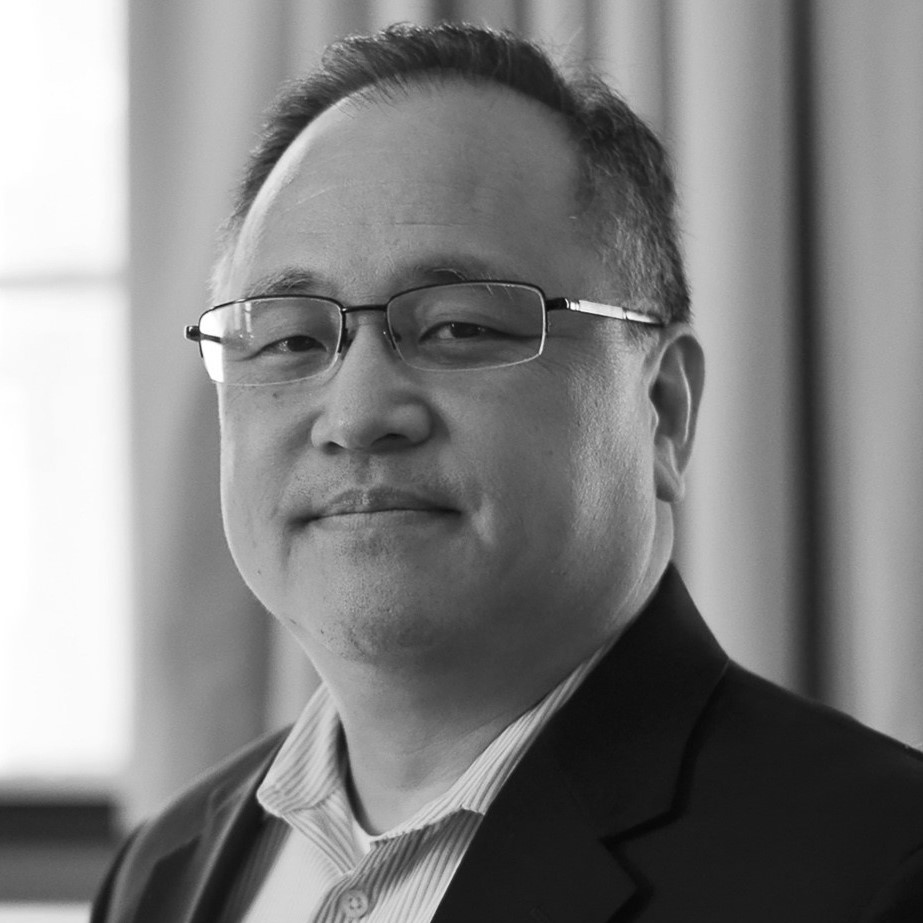
This panel examines the state of networks, processing, and large language models. What are the implications of recent developments for competition and competition policy? On the one hand, large investments – public and private – into broadband infrastructure offer the promise of meaningful, facilities based competition. Meanwhile, the Internet ushered in an era of innovation without permission, where upstart companies ranging from Google to Amazon were able to launch and upend incumbents with relatively low capital expenditures. Does the coming era of large language models, with processing-intensive needs, alter the competitive landscape between incumbent and emerging companies? If so, what are the implications for competition policy?
Break
Debate: The most powerful generative AI models should, by law, be compelled to be open.
Moderator
- Hon. Andrew Hartman — District Judge, State of Colorado
For the Proposition
- Casey Fiesler — Associate Professor, Information Science, University of Colorado Boulder
- Luis Villa — Co-founder and General Counsel, Tidelift, Inc.
Against the Proposition
- Paul Ohm — Professor of Law; Chief Data Officer, Georgetown University Law Center
- Blake E. Reid — Associate Professor of Law, University of Colorado Law School
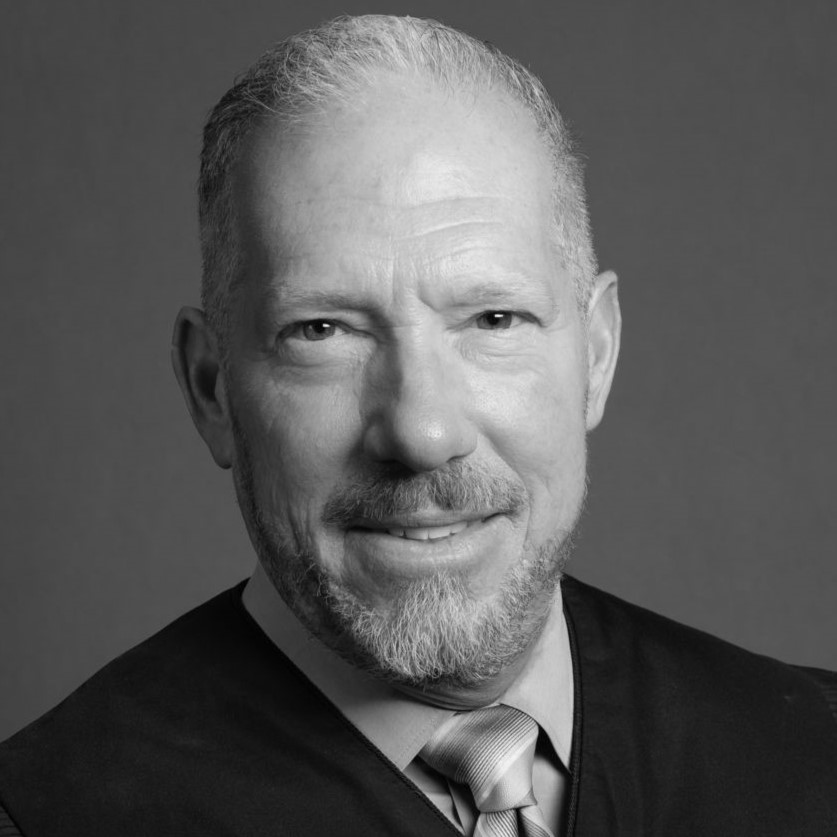
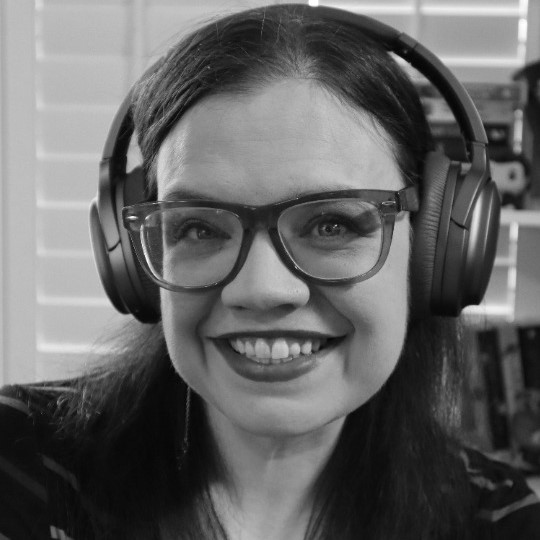
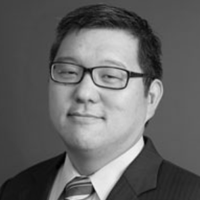

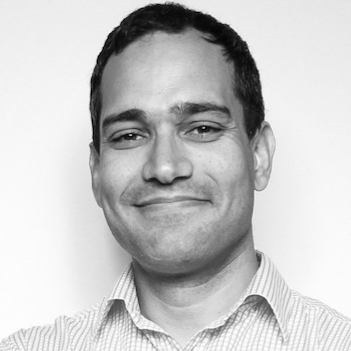
Most technology breakthroughs are accompanied by a period of utopianism and idealism. Not so much for artificial intelligence. While generative AI made massive leaps in 2023, people also sounded alarm. Notably, generative AI surprised and mystified expert technologists, who acknowledge not fully understanding how generative AI works. This debate takes up the question of how much we should be concerned about artificial intelligence and, in particular, whether a global response is required.
Lunch Break
@ Wolf Law, Schaden Commons
A catered lunch will be provided onsite.
Global Fractures in Technology Policy
- Brad Bernthal — Moderator
Executive Director | Entrepreneurship Initiative Director, Silicon Flatirons - David Don — Panelist
Senior Vice President, Public Policy, Comcast - Chris Lewis — Panelist
President & CEO, Public Knowledge - Susan Ness — Panelist
Distinguished Fellow, Annenberg Public Policy Center, U of Pennsylvania - Beth Rudden — Panelist
CEO and Chairwoman, Bast AI - Phil Weiser — Panelist
Attorney General, State of Colorado

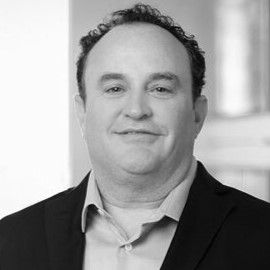
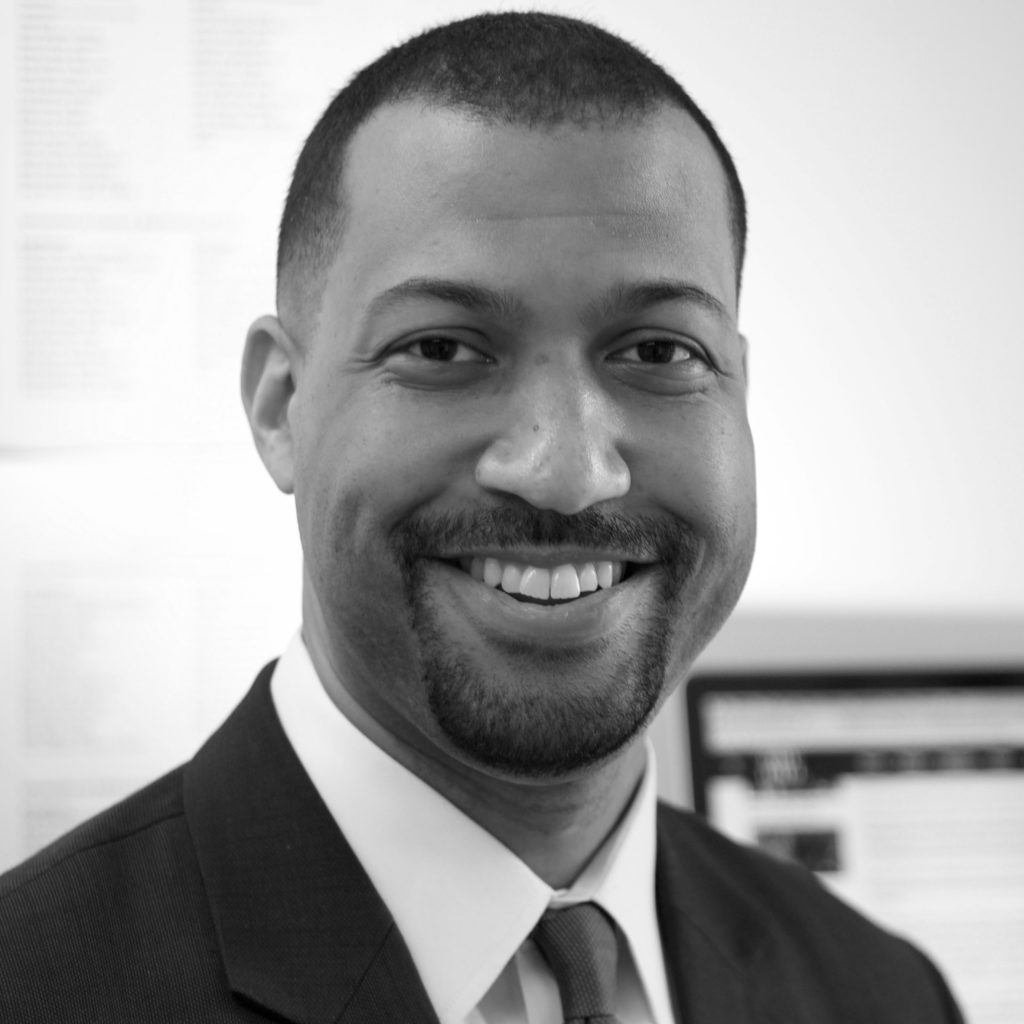
In a world that is becoming less globalized – and often more contentious – this panel explores developments in technology policy as cooperation across nations and regions faces significant challenges. This panel examine the complex issues arising from varied international and state regulatory approaches, particularly in the context of rapid advancements in generative artificial intelligence, data privacy concerns, and increased scrutiny of the competitive conduct of established technology companies.
Break
Regulation and Artificial Intelligence
- Harry Surden — Moderator
Professor of Law, University of Colorado Law School - Scott Deutchman — Panelist
Senior Policy Advisor, Government Affairs & Public Policy, Google - Beverley Hatcher-Mbu — Panelist
Deputy Director of Programs, Development Gateway: An IREX Venture - Cameron F. Kerry — Panelist
Ann R. and Andrew H. Tisch Distinguished Visiting Fellow, Brookings Governance Studies and the Center for Technology Innovation - Paul Ohm — Panelist
Professor of Law; Chief Data Officer, Georgetown University Law Center - Bhavna Thakur — Panelist
Chief Operating Officer, Tifin India

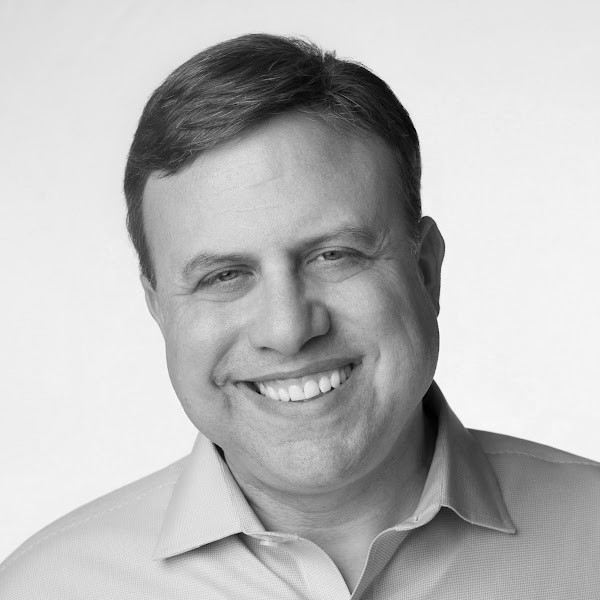
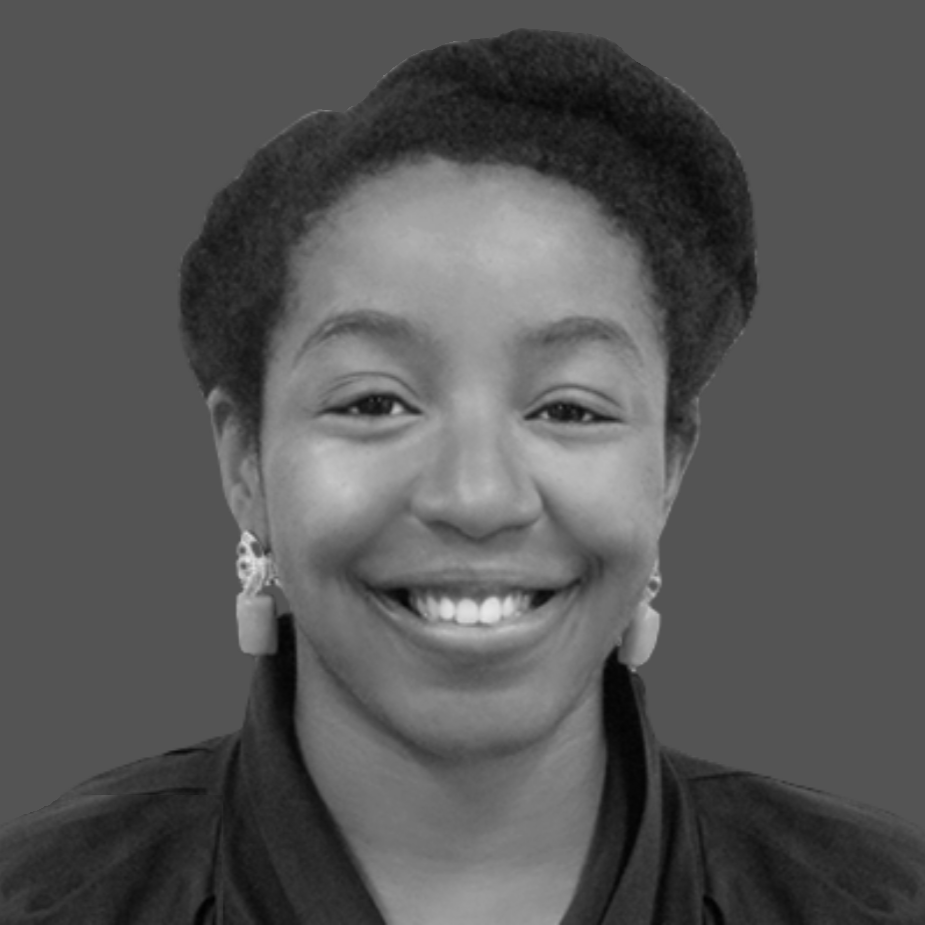
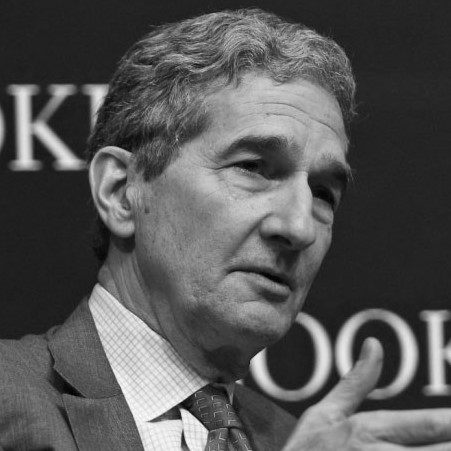

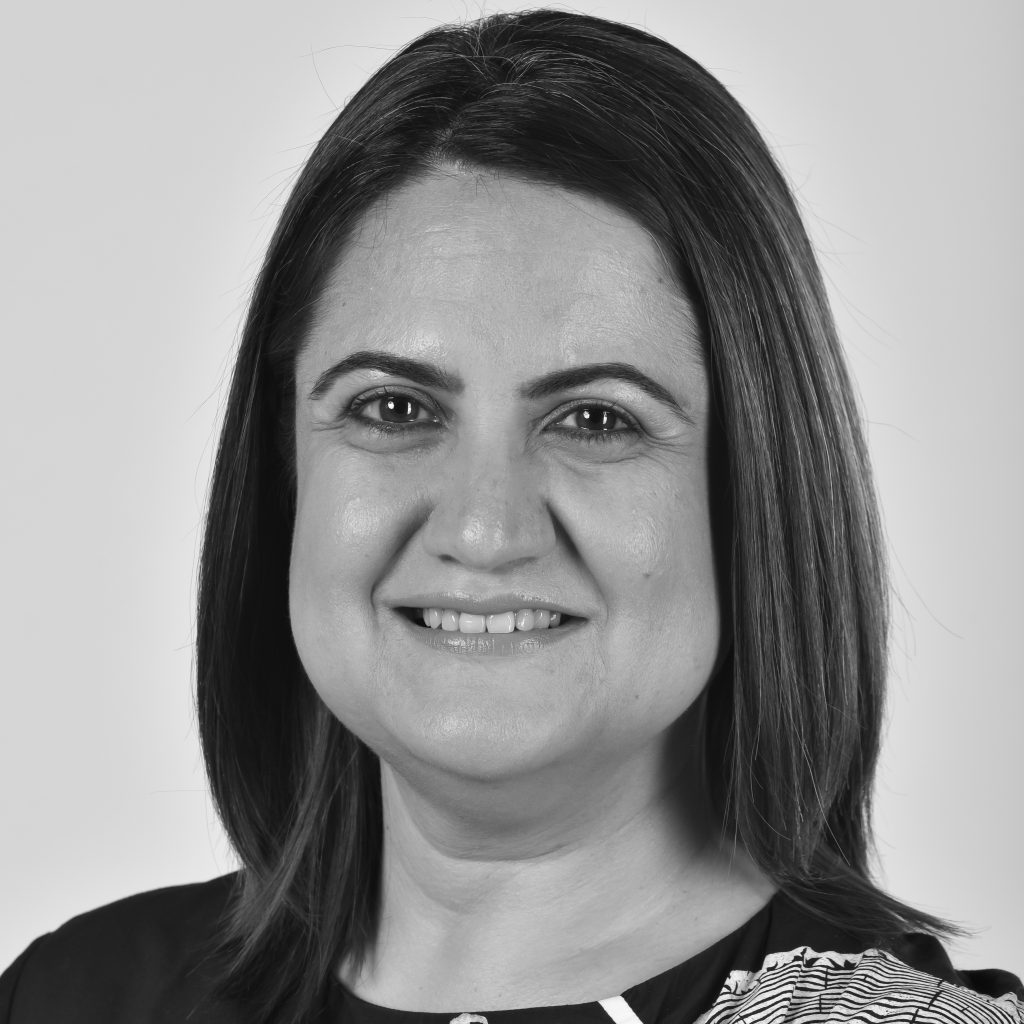
What is the path forward with respect to whether and how to regulate artificial intelligence? This panel will examine whether a proposal to separate the phases of developing large language models. In particular, Professor Paul Ohm argues that it is useful to distinguish a pretraining phase from a fine-tuning phase. His argument is that fine-tuning is the better phase for interventions from law and policy, and we should generally let the companies have more leeway during pretraining.
Fireside Chat
- Alan Davidson
Assistant Secretary of Commerce for Communications and Information and NTIA Administrator, National Telecommunications and Information Administration - Phil Weiser
Attorney General, State of Colorado
Reception
@ Wolf Law Building, Foyer and Boettcher Hall
After day one of the conference concludes, attendees and speakers are invited to Boettcher Hall for hors d’oeuvres, refreshments, and conversation.
Day Two Check In and Breakfast
@ Wolf Law Building: Foyer and Boettcher Hall
Attendees are welcome to check-in and enjoy a continental breakfast buffet before the day’s programming gets underway.
Welcome
@ Wolf Law Building, Wittemyer Courtroom
Regulation of Lies, Misinformation, and Deepfakes
- Blake E. Reid — Moderator
Associate Professor of Law, University of Colorado Law School - Danielle Citron — Panelist
Professor of Law, University of Virginia School of Law - Susan Ness — Panelist
Distinguished Fellow, Annenberg Public Policy Center, U of Pennsylvania - Matt Perault — Panelist
Director, Center on Technology Policy, UNC-Chapel Hill - David Sullivan — Panelist
Executive Director, Digital Trust & Safety Partnership - Jessica Zucker — Panelist
Director of Online Safety Policy, Ofcom

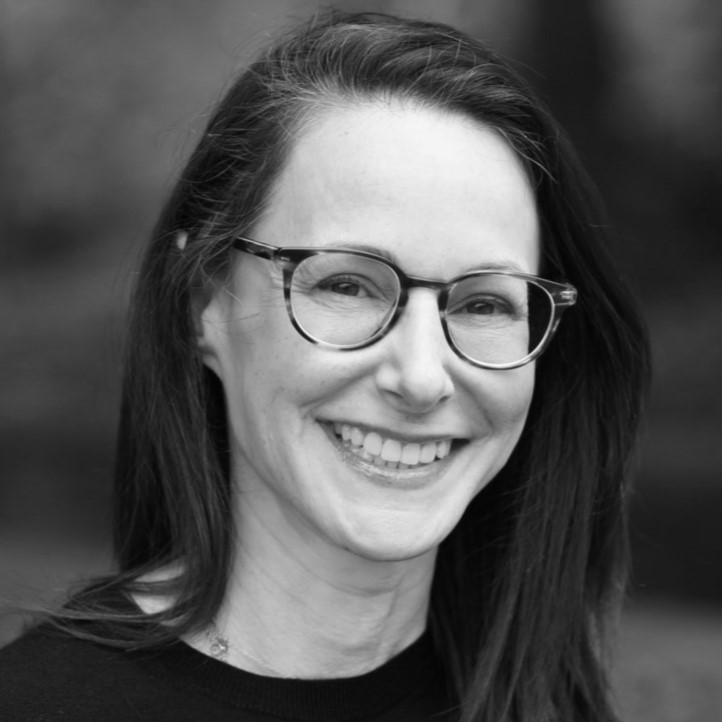
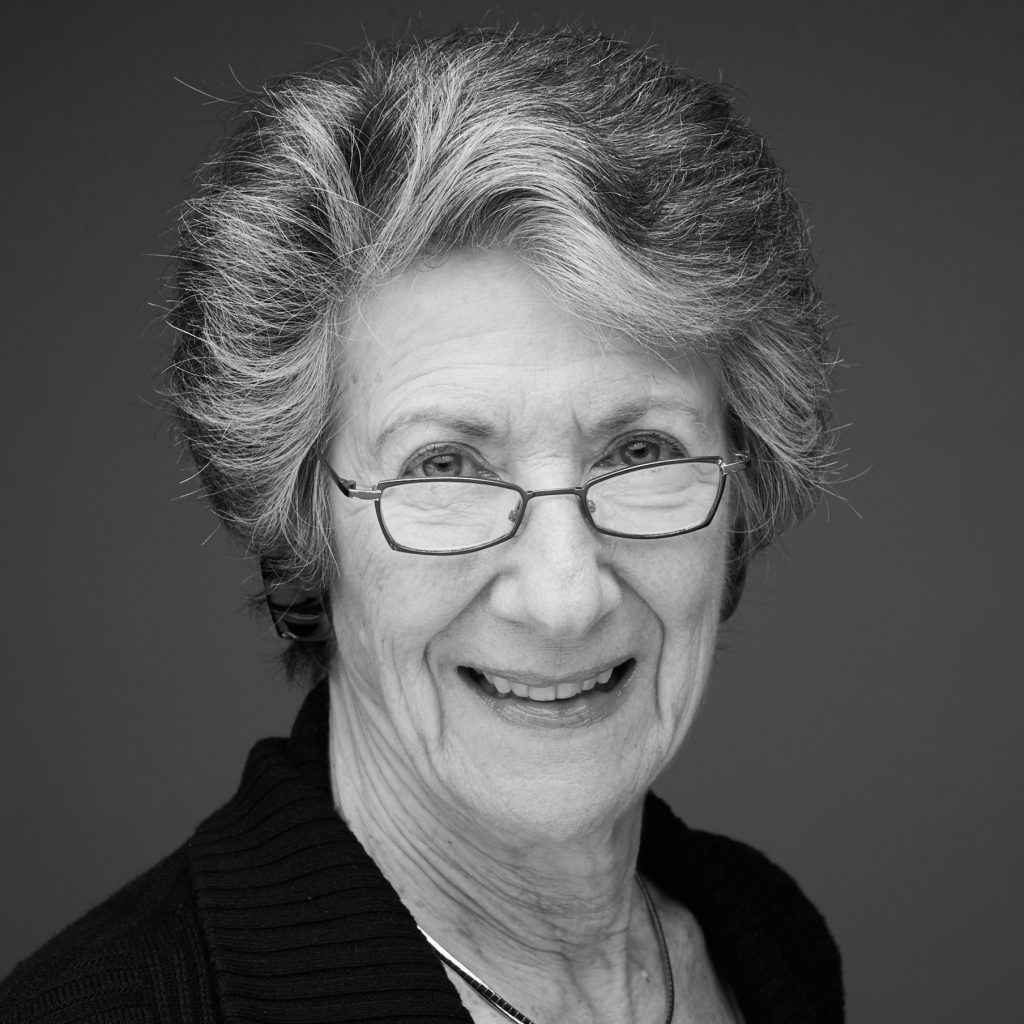
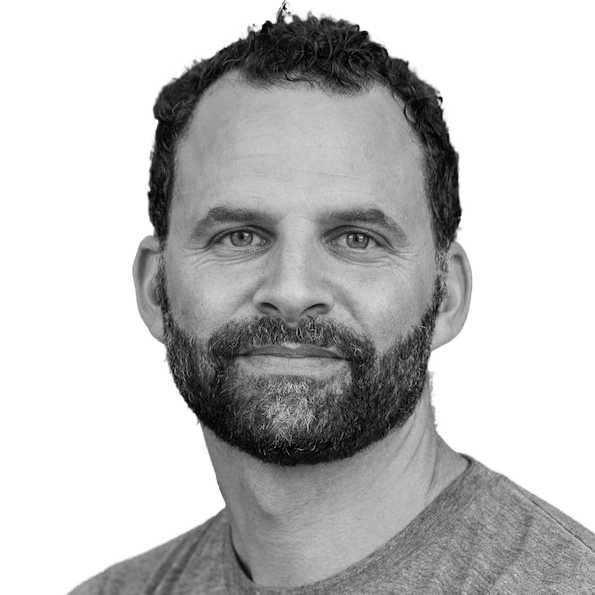
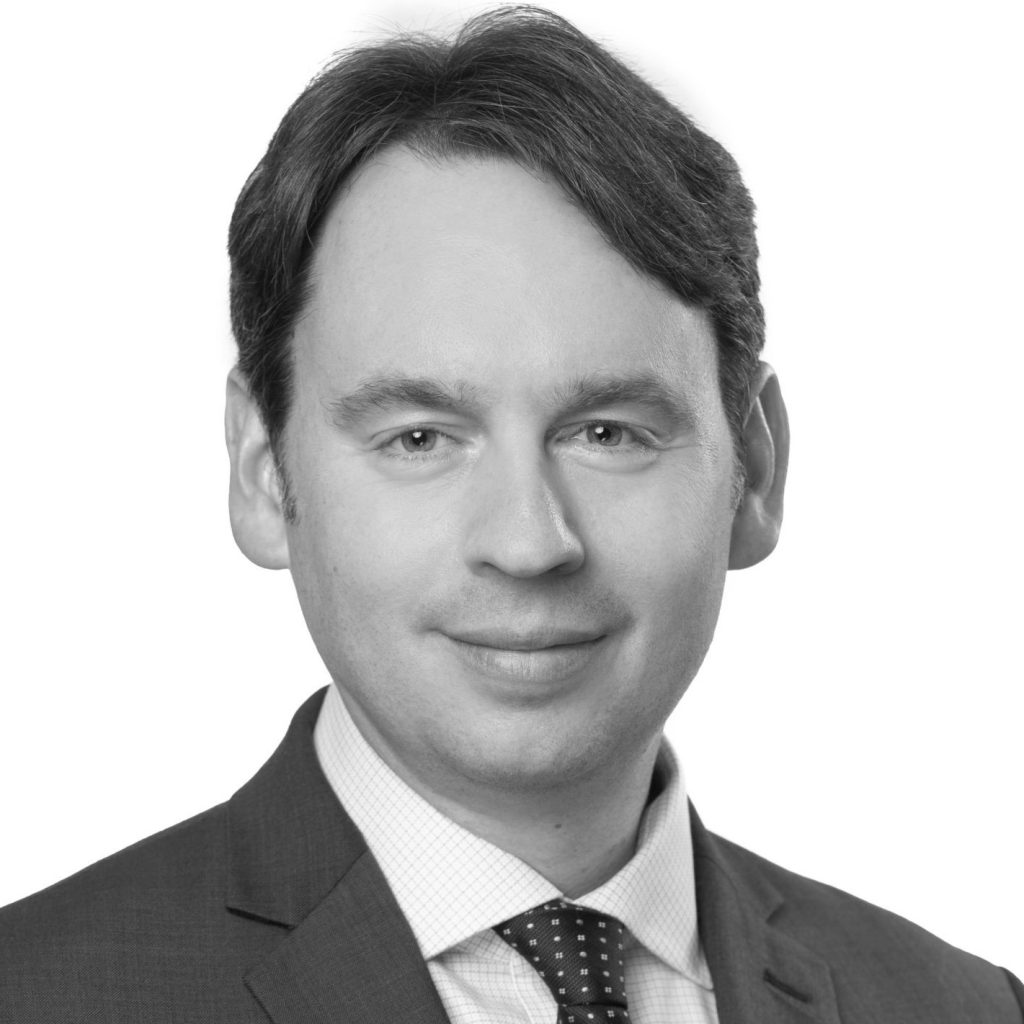
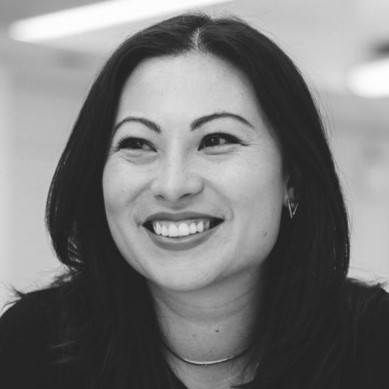
This panel examines how governments and private actors are going after disinformation. Do deepfakes present a unique form of lies and misinformation, or are these familiar? What are the merits and drawbacks of the emerging European model of content regulation? In the United States, what is the role of jawboning? Are private sector solutions viable? Are there other models to consider in addressing lies, misinformation, and deepfakes?
Break
Closing Remarks
Lunch
@ Wolf Law, Boettcher Hall
